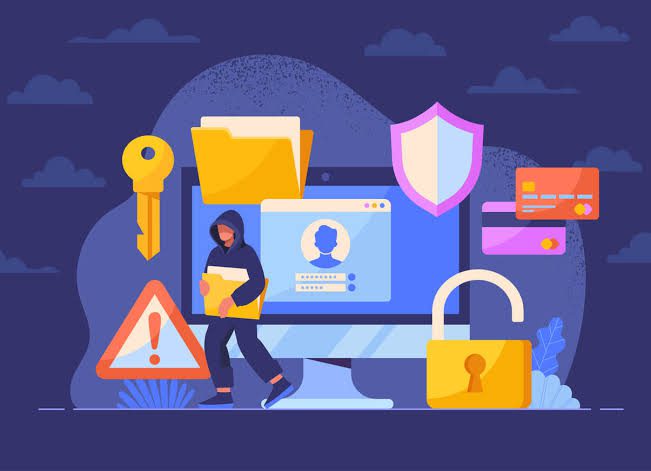Data theft is a serious concern for small business owners. Employee theft of data can have devastating consequences, including the loss of sensitive customer information, intellectual property, and financial data. This can lead to reputational damage, loss of revenue, and legal consequences. Therefore, it is important for small business owners to take proactive measures to protect their data from employee theft. In this article, we will discuss some tips according to recent study for small business owners to prevent data theft by their employees.
-
Implement Strong Password Policies
One of the most basic steps that small business owners can take to protect their data is to implement strong password policies. Passwords should be complex, consisting of a mix of uppercase and lowercase letters, numbers, and special characters. Employees should be required to change their passwords regularly, and passwords should never be shared or written down. Additionally, two-factor authentication should be used for access to sensitive data.
-
Limit Access to Sensitive Data
Small business owners should limit access to sensitive data only to those employees who need it to perform their job duties. This can be accomplished by implementing role-based access controls and monitoring access logs to ensure that employees are only accessing data that they are authorized to view.
-
Conduct Background Checks
Small business owners should conduct background checks on all new employees before granting them access to sensitive data. This can help to identify potential risks, such as individuals with a history of theft or fraud.
-
Implement Security Training Programs
Small business owners should implement security training programs for their employees to help them understand the risks associated with data theft and how to prevent it. This training should cover topics such as phishing attacks, social engineering, and how to identify and report suspicious behavior.
-
Monitor Employee Activity
Small business owners should monitor employee activity to detect any suspicious behavior that could indicate data theft. This can be accomplished by implementing activity logs and reviewing them regularly. Additionally, small business owners can use software tools that monitor employee activity in real-time, alerting them to any unusual behavior.
-
Secure Your Network
Small business owners should secure their network by implementing firewalls, antivirus software, and intrusion detection systems. Additionally, they should ensure that all software and operating systems are kept up-to-date with the latest security patches.
-
Encrypt Sensitive Data
Small business owners should encrypt sensitive data to prevent unauthorized access. This can be accomplished by using encryption software that is designed to protect data at rest and in transit.
-
Secure Your Physical Assets
Small business owners should secure their physical assets, such as laptops, smartphones, and tablets. This can be accomplished by implementing physical security measures, such as locks and alarms, and by ensuring that all devices are password protected and encrypted.
Conclusion:
Data theft is a serious threat to small businesses, and it is essential that small business owners take proactive measures to prevent it. According to this survey by implementing strong password policies, limiting access to sensitive data, conducting background checks, implementing security training programs, monitoring employee activity, securing their network, encrypting sensitive data, securing their physical assets, and having a plan in place for responding to data theft, small business owners can help to protect their data from employee theft. While it may require some effort and investment, the cost of not taking these steps can be much higher in terms of reputational damage, loss of revenue, and legal consequences.



































